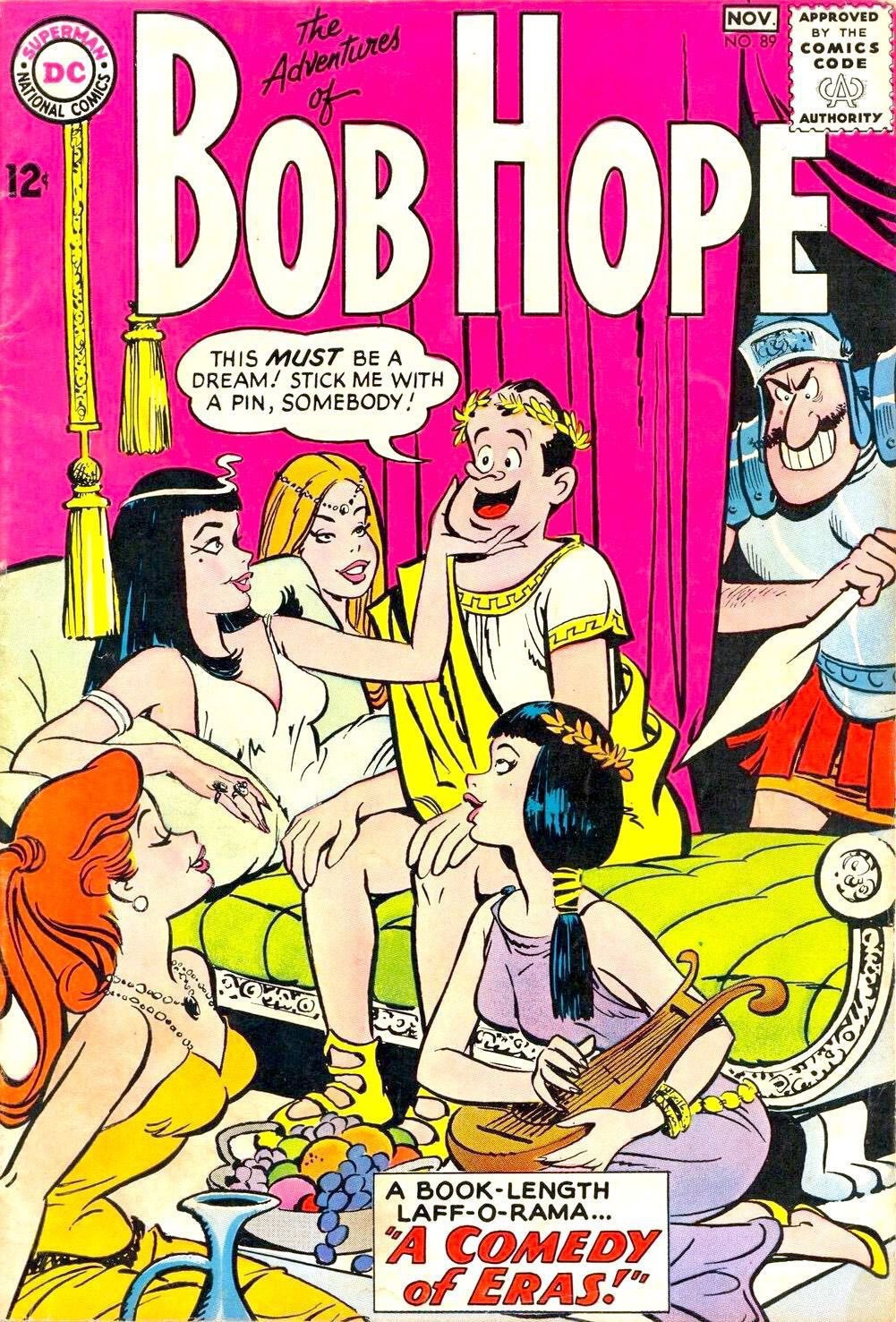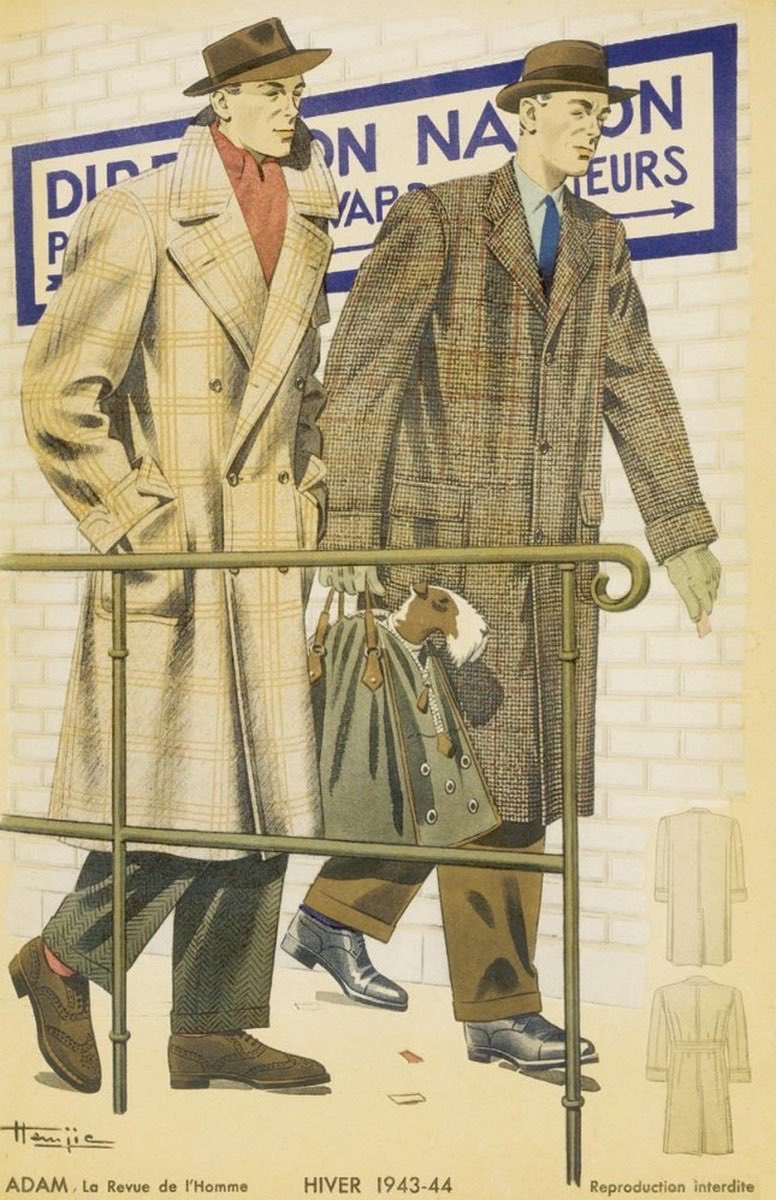Constance Grady/vox.com:
On Monday morning, an apparently innocuous tweet summoned a storm of controversy on Twitter.
“Yesterday my colleague called me a ‘book murderer’ because I cut long books in half to make them more portable,” said the novelist and editor Alex Christofi. “Does anyone else do this? Is it just me?”…
There is something deeply romantic about the idea of holding a physical book in your hands: feeling the weight of it, the smoothness of the pages, and above all else the smell. The smell of books is a particular obsession in popular culture; you can buy candles or perfumes that try to approximate it, and on TV, characters who love books are always demonstrating their bookishness by waxing poetic about the smell….
The codex — the printed paper book that we hold in our hands, which took over for the scroll as our dominant reading format in the West in the fourth century AD — is an old, old technology. We’re still working out the kinks with e-books, but at this point, the codex is out of beta testing. Most of its bugs have been fixed over the past 17 centuries. It’s been streamlined and optimized into an incredibly simple, intuitive system.
And part of what makes the codex so valuable is that it is a malleable technology. It is easy for individual users to reshape it in whatever way best suits their own individual needs.
Fetishizing books, says Grady, started in the 18 Century, by the paper industry.
I still read a lot of books. I have been a compulsive reader since I was 8 years old. I went through one or two books a week as a teen-ager. I read fewer books than I used to – today, I read a lot of articles on the web – but, still, I read a lot of books. About a dozen a year.
And I have never fetishized the books themselves. They have always been text delivery objects. I’ve dog-eared the pages, broken the spines, left them on the bathroom floor, and spilled stuff on them. Once, when I was still smoking, I accidentally set one on fire.
And now I don’t even read print books anymore. I’ve been virtually ebook only for nearly 10 years, since I got my first iPad in spring of 2010.





















































